Kensington Court Clinic
Private & NHS Hospital Healthcare Centre
Composite Veneers – There Will Be No Drilling On Your Teeth.
Composite Veneers – There Will Be No Drilling On Your Teeth.
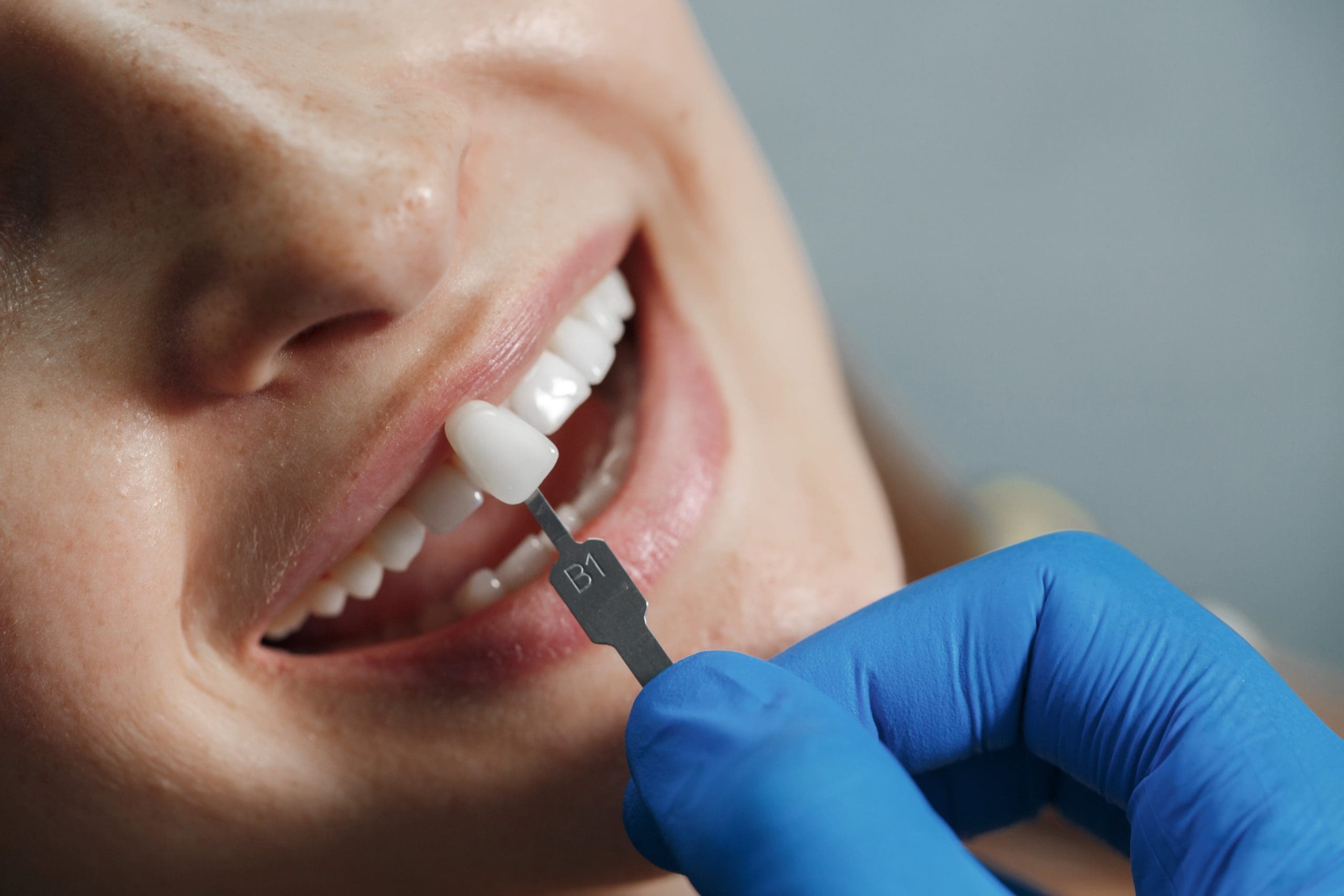
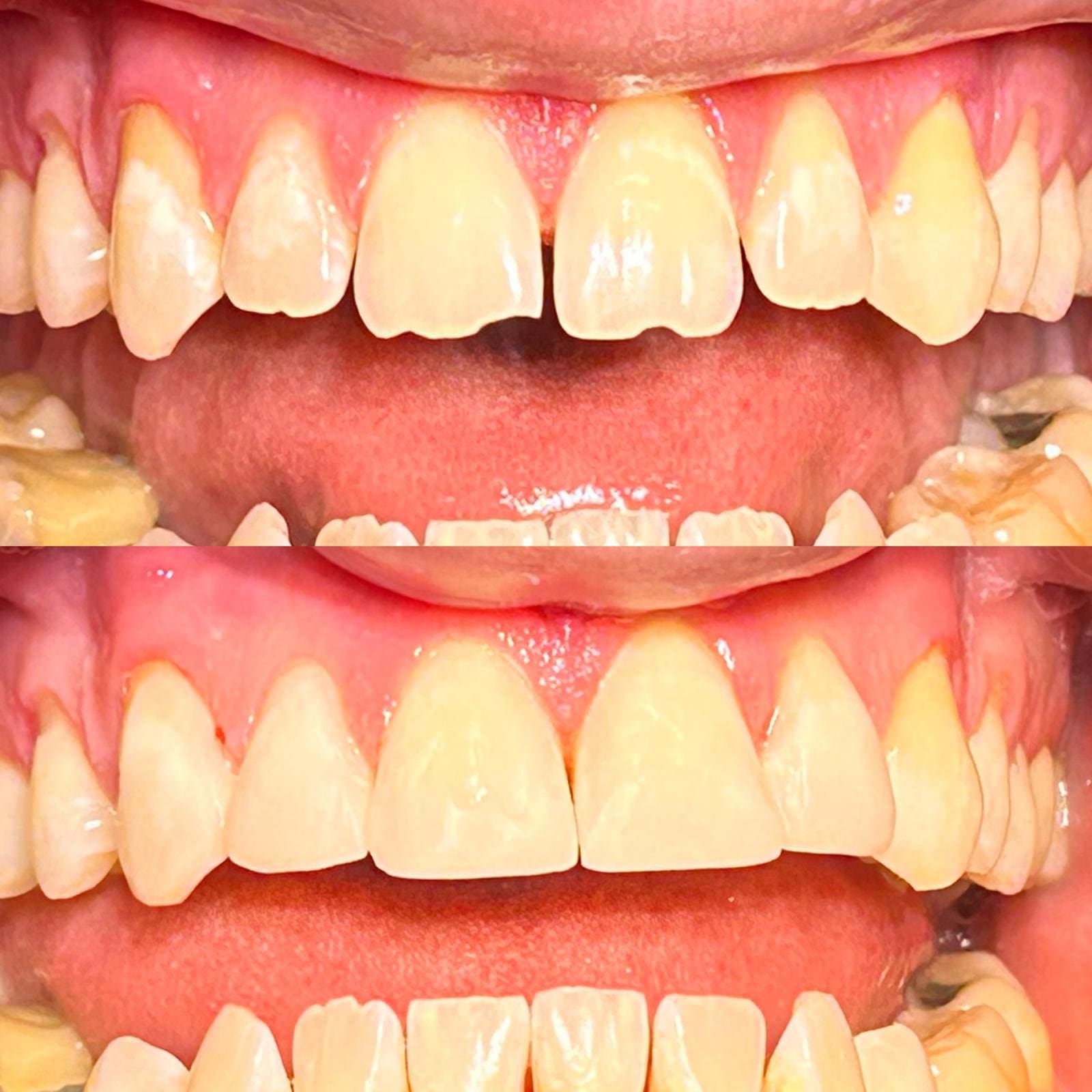
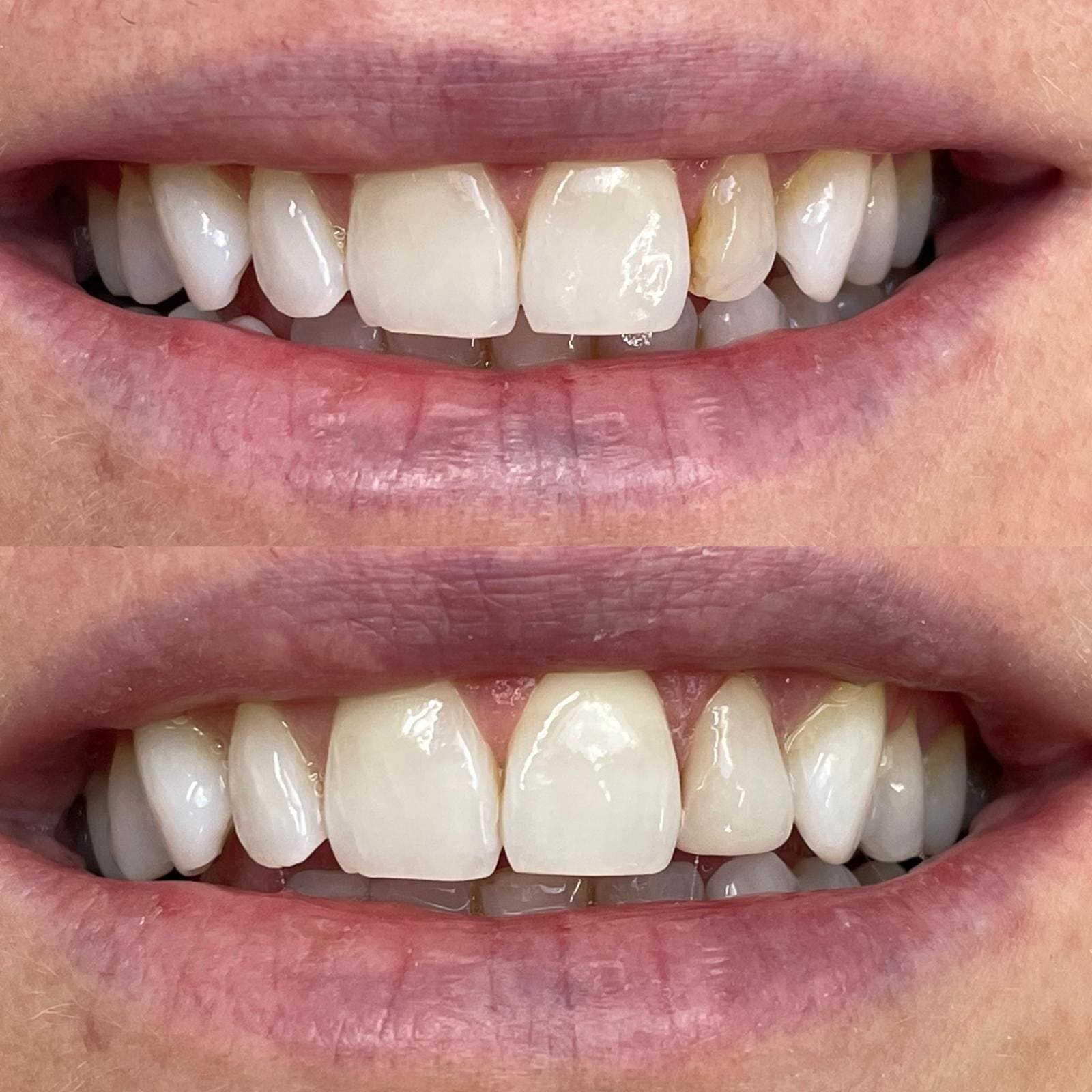
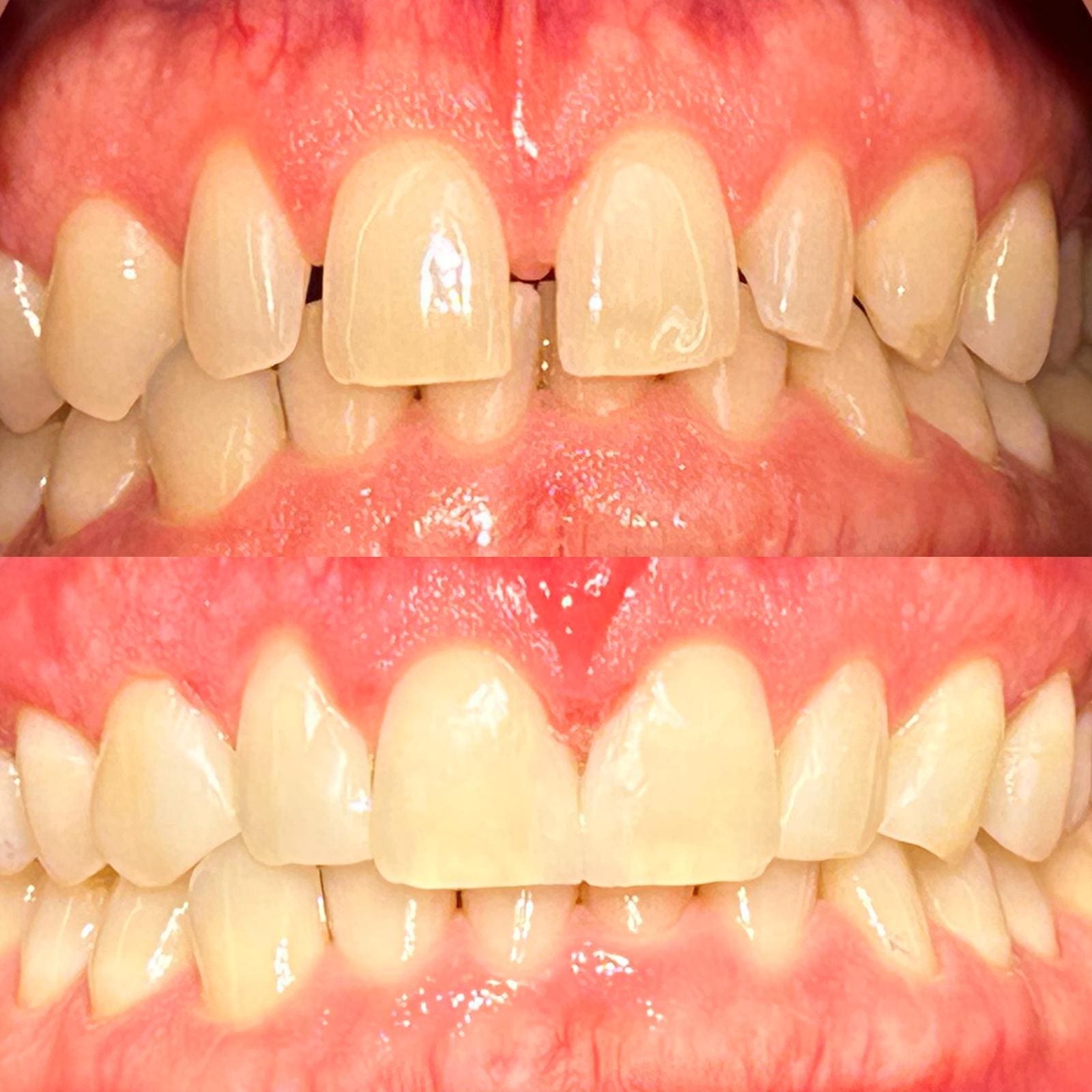
Composite Veneers – What Are They?
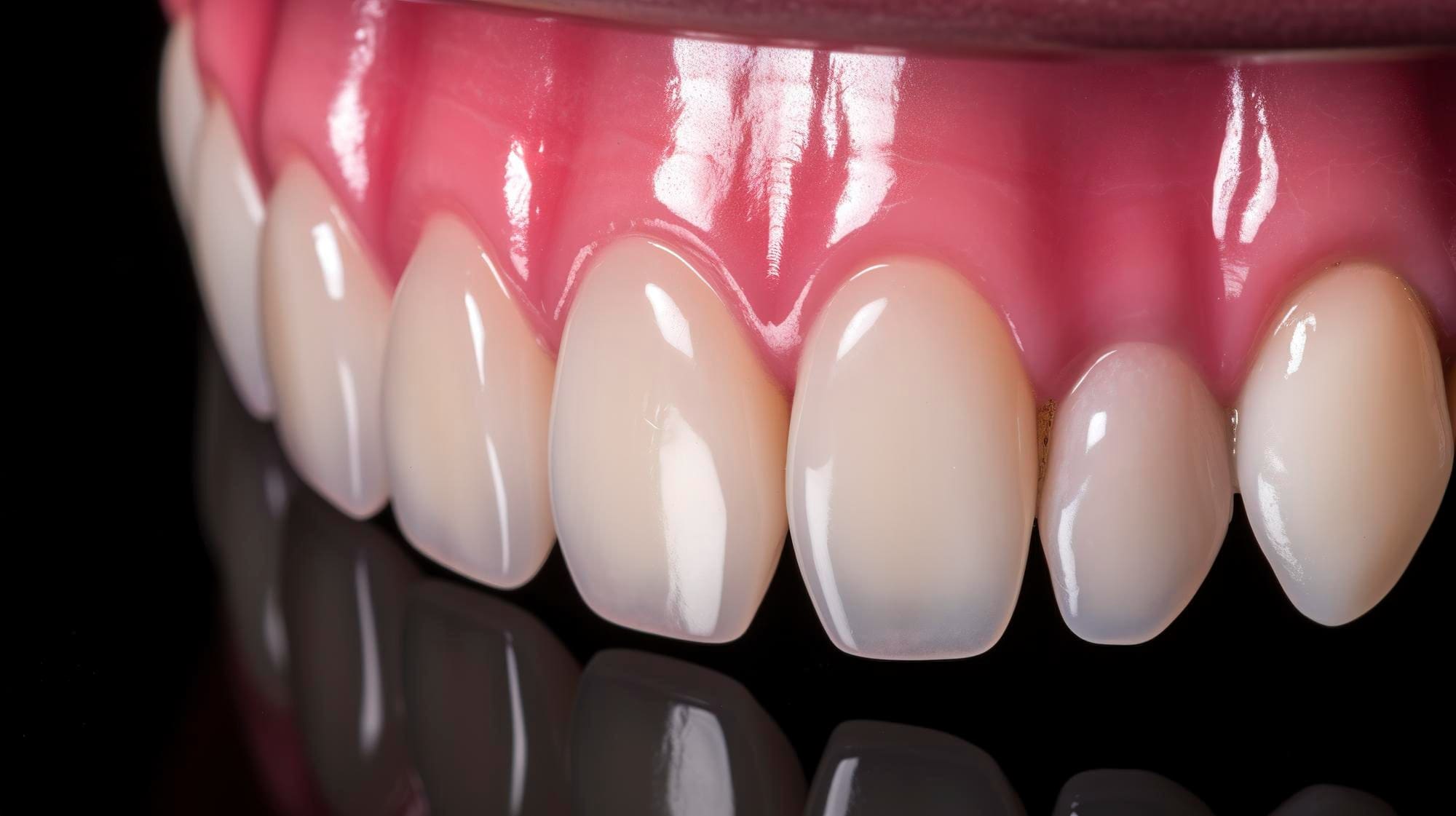
Who Can Have Dental Veneers?

Composite Veneers Procedure

Composite Veneers – Types Of Veneers
When consulting with a dentist regarding veneers, they may present you with three options: direct composite veneers, indirect composite veneers, and porcelain veneers. Here you can learn more about the differing types of Dental Veneers to decide which best suits your needs.
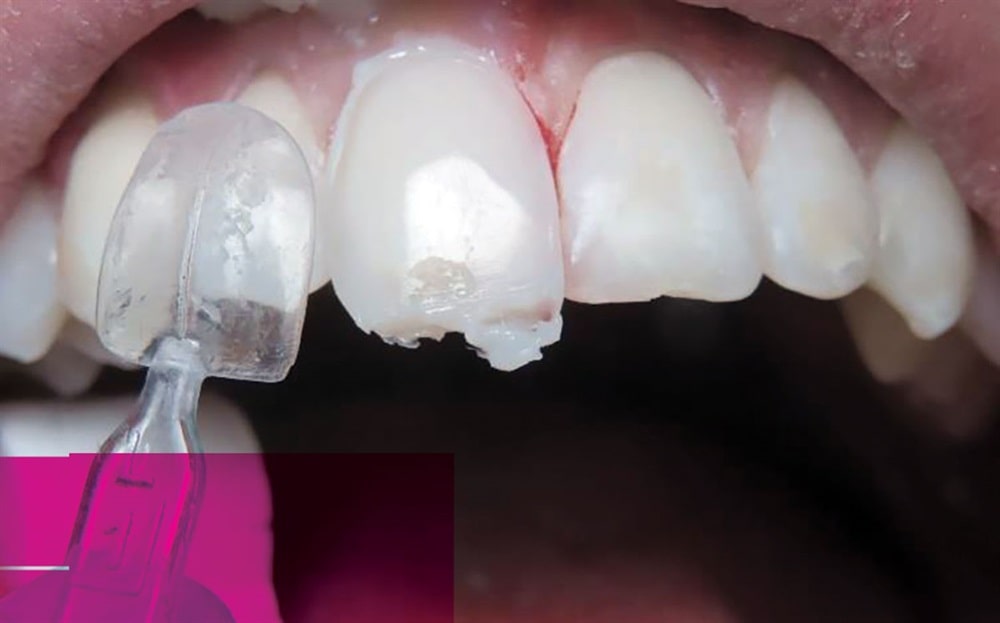
Direct Composite Veneers
Direct composite veneers are crafted from a composite resin material and are applied directly to the surface of your teeth. The application process is considered minimally invasive and requires little preparation time.
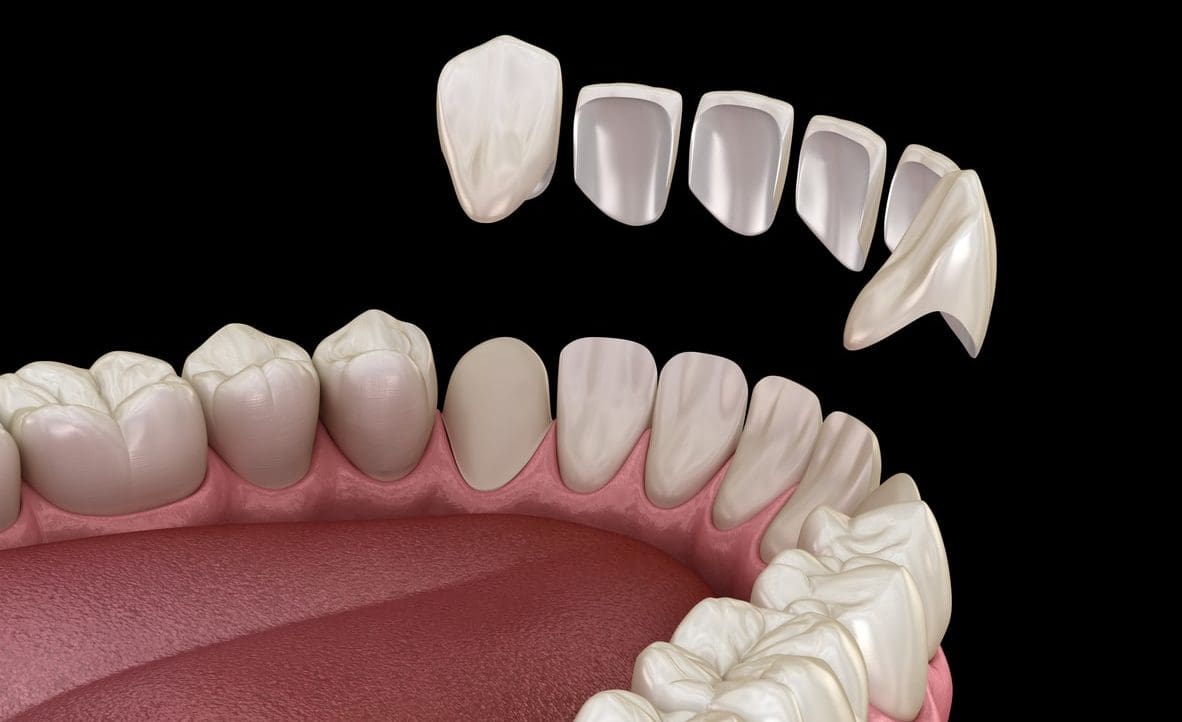
Indirect Composite Veneers
Indirect composite veneers, on the other hand, are made in a dental laboratory or in your dentist’s office before being affixed to your teeth. While the application process is similar to that of direct veneers, the materials used are more durable and resistant to abrasions and fractures. This added durability often results in a higher cost for indirect composite veneers.
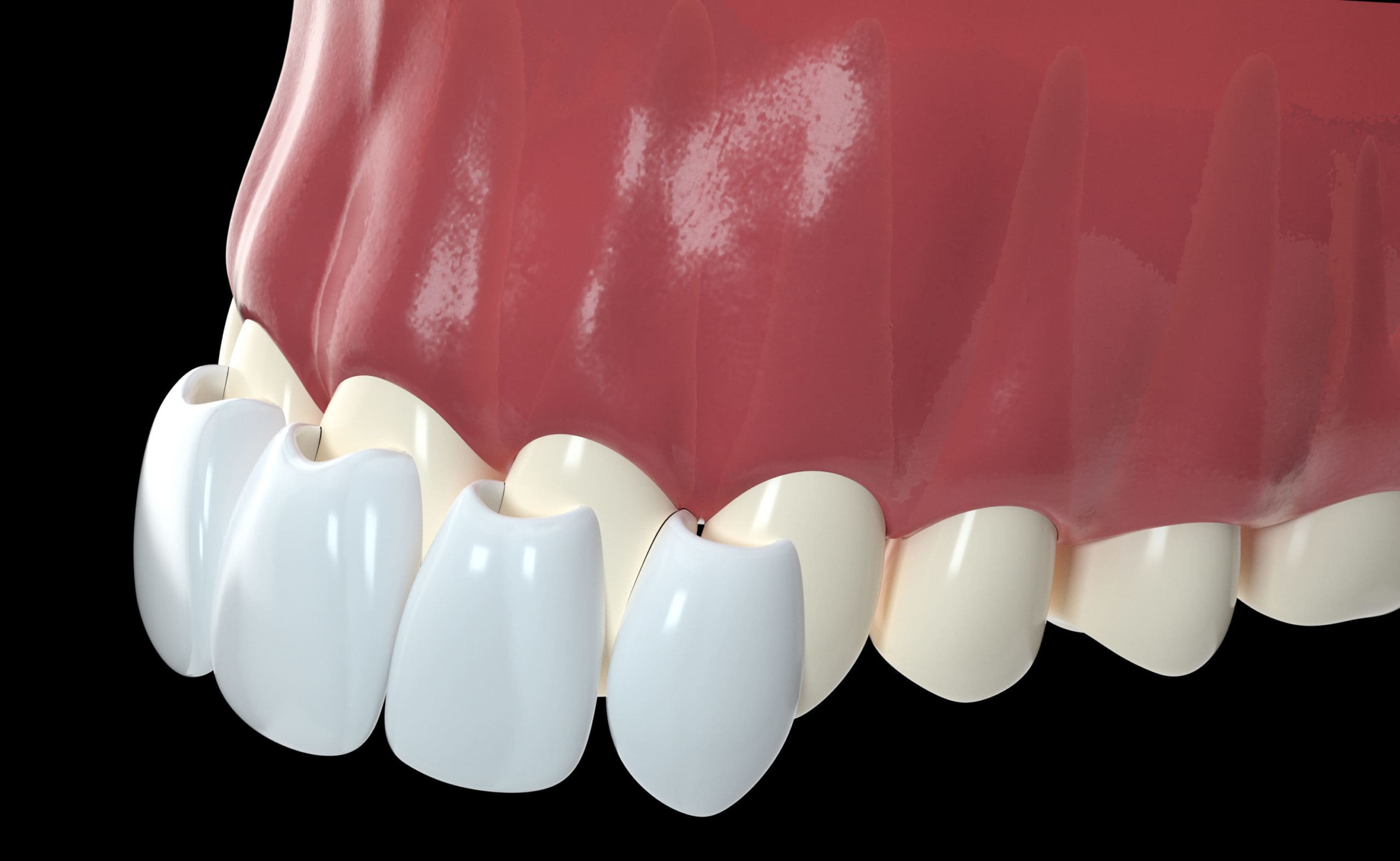
Porcelain veneers
Porcelain veneers, which are also custom-made, require the creation of dental molds to fabricate the thin porcelain shells. These shells are then cemented onto your teeth and shaped to mimic the natural appearance of your original teeth.
Temporary veneers may be necessary during the wait for the creation of the final veneers.
How Long Do Composite Veneers Last?
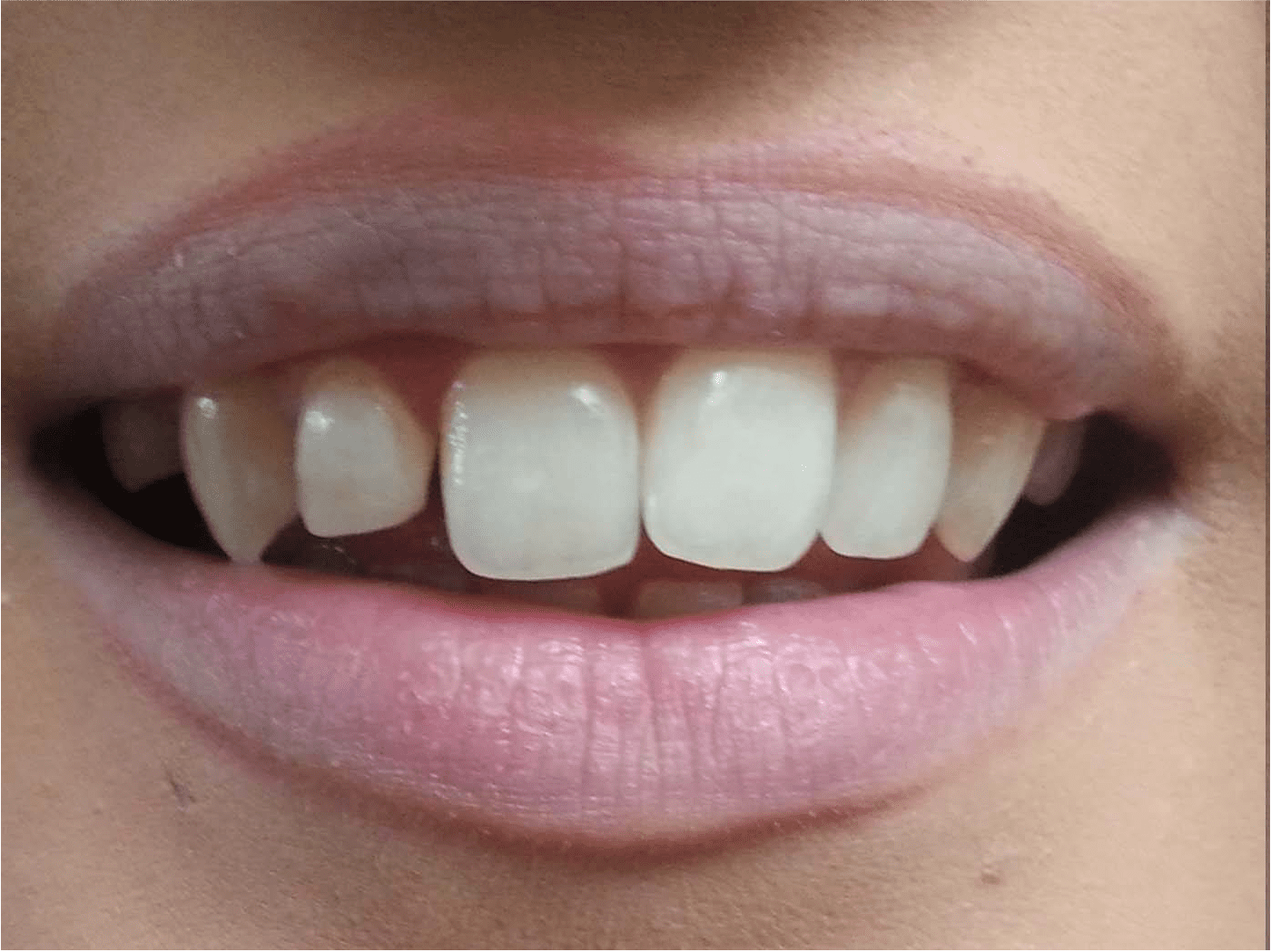
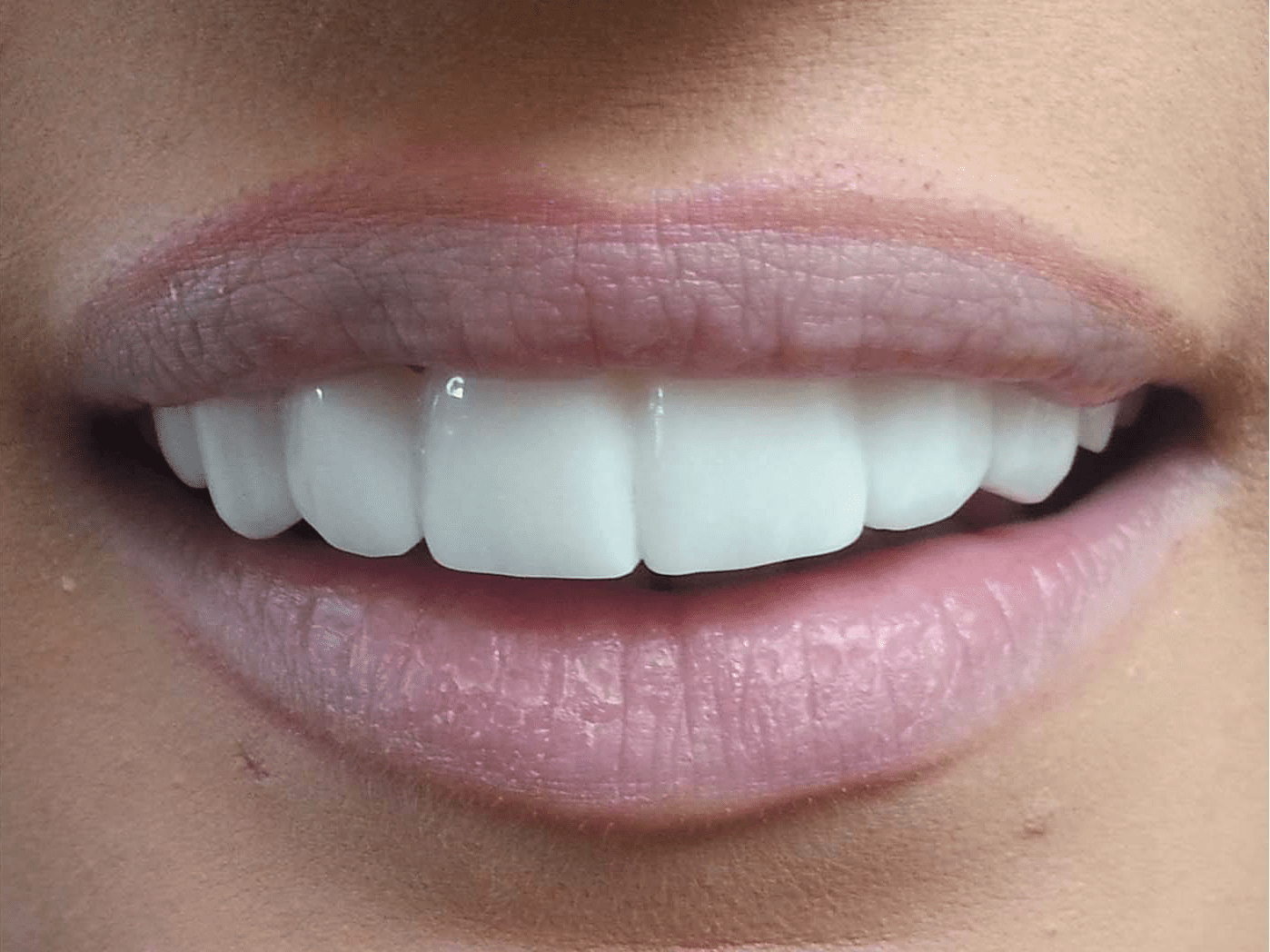
In comparison to the past, composite veneers are now known for their increased durability, with an average lifespan of 5 to 7 years. However, it should be noted that this lifespan is substantially shorter than that of porcelain veneers, which can last at least 10 to 15 years.
With proper care, it is possible to extend the life of your composite veneers. This can be achieved by incorporating regular brushing with a nonabrasive toothpaste into your daily routine, as well as refraining from chewing on hard objects with your front teeth. Additionally, it may be wise to be cautious of beverages such as coffee or tea, which could potentially stain your new veneers.
Compostie Veneers Fees
*All Fees for guide purposes only*

